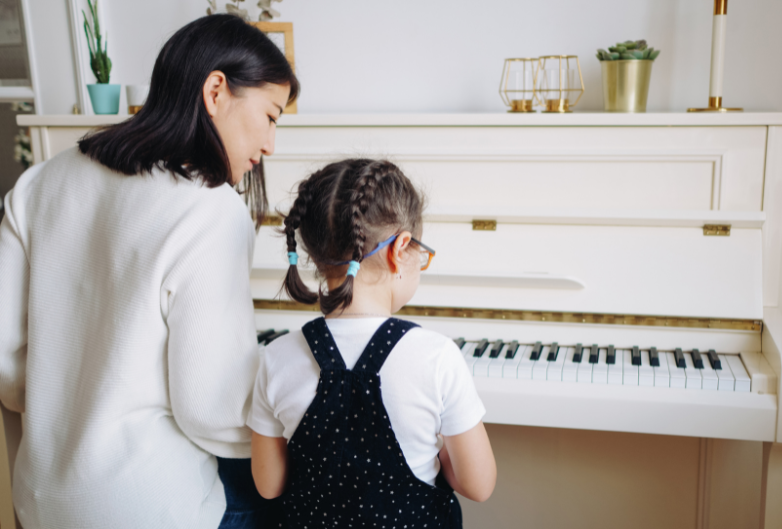There are multiple benefits to learning a musical instrument. Playing an instrument has proven helpful in achieving positive outcomes among children, musicians, and hobbyists, whether physical, cognitive, or social.
A study by the American Psychological Association suggests that musical activity throughout life makes the mind sharper. According to the research, adults who learned how to read music or studied an instrument when they were young contributed to better cognitive test results. However, learning a musical instrument at old age also presents multiple health benefits.
It’s never too late to pick up an instrument for satisfaction and self-care. Here are three main reasons:
Keeps the brain active
Music is a powerful and engaging stimulus. Listening to music can have a substantial effect on someone’s thoughts and improve their mood significantly. Playing music through an instrument adds a layer of complexity that keeps the mind focused, making it sharper with more practice.
The relationship between the brain and music has been established by scientific research. The ability to retain information improves among musicians who had studied music when they were younger. In fact, many care homes that take care of elderly residents with Alzheimer’s and early-onset dementia use music therapy for its mental benefits.
Encourages physical activity
Whether it’s a small harmonica or a big string instrument like the cello, playing music requires kinetic movements that encourage physical activity. Because musicians develop their finger skills and music perception through hard work, learning from a young age increases the likelihood of improved habits and discipline as they grow older.
Although playing a musical instrument for an hour will not burn the same number of calories compared to an hour at the gym, it’s possible to develop the agility needed to perform well in more athletic endeavors due to the high quality of concentration used when playing music.
Widens social circle
Various instruments are responsible for making music. Some people learn an instrument better when done with peers, while others will go for the challenge and join a band. Even independent learners will engage with like-minded musicians to hone their skills, which widens their social circle.
The last thing that newbies should be worried about is embarrassing themselves while learning the musical instrument. Teachers will adjust their lessons while friends and family will be more patient, especially if the purpose for picking up the instrument is clear in the first place. There is also joy and compassion in failure, so whether it’s a classical instrument or a digital one, learners should resolve to move on to the next and not give up.
Final thoughts
Having a community behind any skill-building exercise is crucial to reap the benefits. Connecting experts to beginners, regardless of age, will benefit all parties. The sooner music is introduced through playable instruments, the better outcomes we can experience in terms of overall well-being.
Sources:
https://www.topdoctors.co.uk/blog/how-playing-a-musical-instrument-can-benefit-your-health/
https://www.livescience.com/13812-childhood-music-lessons-boost-aging-brain.html

